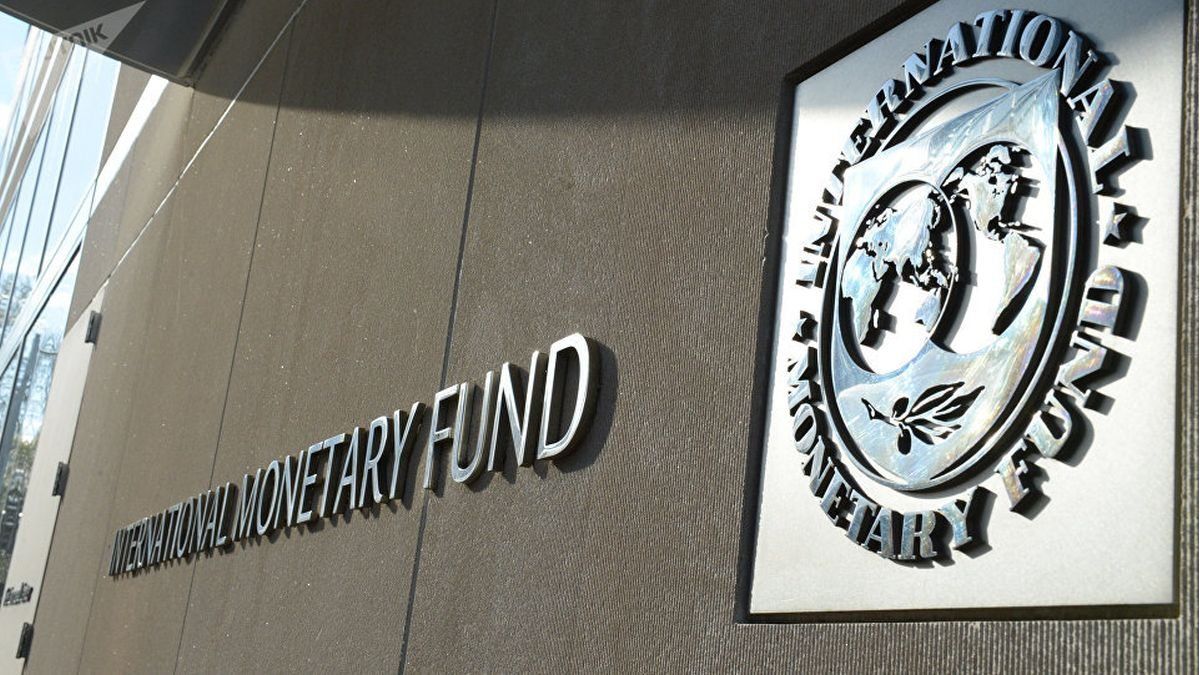From Buenos Aires they took note of both claims and took the folders to the first-level meetings in Washington, both at the Fund’s headquarters and at the Treasury Secretariat; both meetings finally held yesterday. The issue will be negotiated forward, once the parties finish closing the guidelines for the second quarter, and begin to talk about what is coming in the coming months.
From what is perceived on the Creole front, the will from Washington would be present and could materialize. There would only be one insurmountable hurdle for both parties: Argentina needs quarterly approval before December 30, the day on which the country must make the last payment of some US$2.45 billion corresponding to the last payment of the year to the agency for the Stand. By of 2018, and that must be settled with money from the IMF itself. Since these funds should only go out after the approval of the quarterly goals, the board must make a political decision to endorse the release of the money.
As stated by the Argentine delegation, it would not be something extraordinary or unprecedented for the IMF. But it is something difficult to approve and explain to the Board; task to be carried out by both the staff and local officials in the coming months. Perhaps using the phone that Janet Yellen left on her personal phone for Sergio Massa.
The argument that is used on both fronts to advance in a wink of this type is the same. Perhaps for political reasons more than economic or financial ones, because in today’s world no one wants a crisis in an important country like Argentina. Much less caused by the body itself. And that, in any case, the time will come in 2023 to judge the first year of the agreement.
Meanwhile, what would be recommended on both sides of the agreement would be an endorsement of the Extended Facilities sequence and a momentary “go ahead”. From Buenos Aires it will be necessary to support that position before Washington with numbers and percentages adequate to what was agreed for the first six months of the year. That is, to show the people at the IMF that the goals of 2.5% of GDP, monetary issue of 1% and a radical rise in BCRA reserves (perhaps not the US$5.8 billion agreed upon), but similar .
It will be the joint task of two officials from the Palacio de Hacienda: the chief adviser Leonardo Madcur and the secretary of Economic Planning Gabriel Rubinstein, who demonstrated on this tour that they maintain solid direct contacts with the agency’s headquarters. And that in Washington there is room to listen to their proposals and suggestions. It is not little before men and women of the IMF accustomed to perceive with sensitivity the little consistent promises that arrive from Buenos Aires for years.
A large part of the task will be to convince the managing director for the Western Hemisphere, Ilan Goldfjan, who demonstrated and demonstrates that his intention and task is not to be the most empathetic with the country, but rather to fulfill the mandate given to him in March by the Fund’s board. of being a relentless inspector of the Extended Facilities and its strict compliance. The board gave this order on March 25, in the complicated session in which the highest level of the body managed by Kristalina Georgieva unanimously approved the agreement with Argentina. But where two specific countries, Germany and Japan, were very harsh in their references to the reality of the local economy, and demanded maximum tension and analysis from the IMF technicians for the fulfillment of the goals set in the agreement. It was the board of directors that ruled, in addition, that there be an advancement of the inspection missions, starting in May and adding one more trip to the 10 originally scheduled.
That day the Fund spoke of “exceptionally high risks”, a euphemism to say that it is considered very difficult for the country to comply with. Given the panorama, the financial organization dictated to Goldfajn the specific mission of executing the application of “Article IV” of the organization before Argentina, which implies being the main person in charge of controlling that the goals of the Extended Facilities agreement are met.
Source: Ambito
David William is a talented author who has made a name for himself in the world of writing. He is a professional author who writes on a wide range of topics, from general interest to opinion news. David is currently working as a writer at 24 hours worlds where he brings his unique perspective and in-depth research to his articles, making them both informative and engaging.




